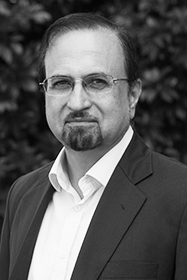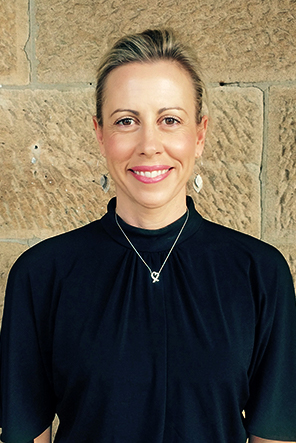HEIDI DOUGLASS | h.douglass@unsw.edu.au
There are more centenarians – people who live beyond 100 years of age – than ever before. Up until 1990, the world was to home to only 100,000 centenarians, which increased to nearly half a million by 2015. A global fascination in longevity and turning back the clock on ageing has ensued, and with the United Nations indicating that there will be 3.7 million centenarians worldwide by 2050, research into the supercentenarian phenomenon; those who live to 110 and beyond – has taken off.
Expert in gerontology and extreme longevity Professor Nobuyoshi Hirose who is the research lead on Japan’s Semisupercentarian Study at the Center for Supercentarian research, Keio University, is looking at the secrets to happy, healthy longevity. More than 600 semisupercentenarians (those aged 105+) and 160 supercentenarians have been recruited from across Japan to identify the factors associated with happy and healthy longevity and to understand ultimate human ageing.
“In Japan, the number of supercentenarians has increased from less than 10 in 1991 to 146 in 2015,” says Professor Hirose. “The functional abilities of supercentenarians assessed at 100 years of age are significantly higher than those of centenarians in general and many have escaped major diseases such as cancer and cardiovascular disease,” he says.
“These results suggest that supercentenarians are an excellent model of happy and healthy longevity.”
The Centre for Healthy Brain Ageing (CHeBA) at UNSW Sydney, which leads the Sydney Centenarian Study and has been researching factors for healthy ageing for the past decade, is bringing together thirty (30) international leaders in longevity research - including Professor Nobuyoshi Hirose - to deliberate over two days on the latest research on these exceptionally long-lived individuals.
Highlights from this special two day event will include a debate on 'living to 150' between eminent scientists from Neuroscience Research Australia, UNSW Sydney, the University of Gothenburg and the University of Sydney moderated by CHeBA’s Co-Director Professor Perminder Sachdev.
“The tension between genetics and environment, and what proportion of the determinants of longevity that is modifiable, will feature prominently in this debate,” said Professor Sachdev.
The event will showcase not just latest research, but also a panel discussion led by prominent ABC Medical Reporter Sophie Scott with centenarians and near centenarians.
With a research focus on factors for longevity, technology and ageing, theories of ageing, and genomics and epigenomics, this conference is set to unravel the secrets of successful ageing. It brings to Australian shores, for the first time, the very best international experts on exceptional longevity.



